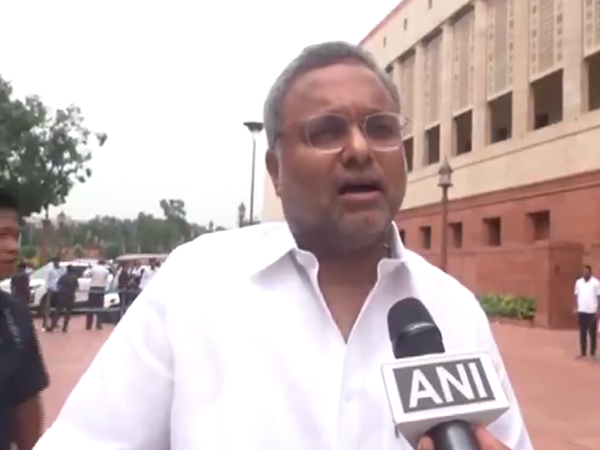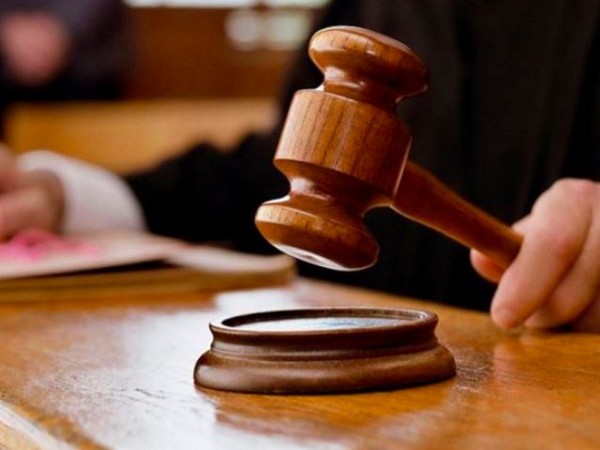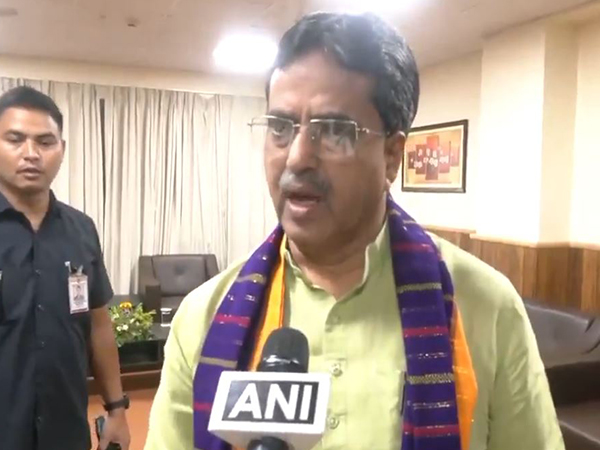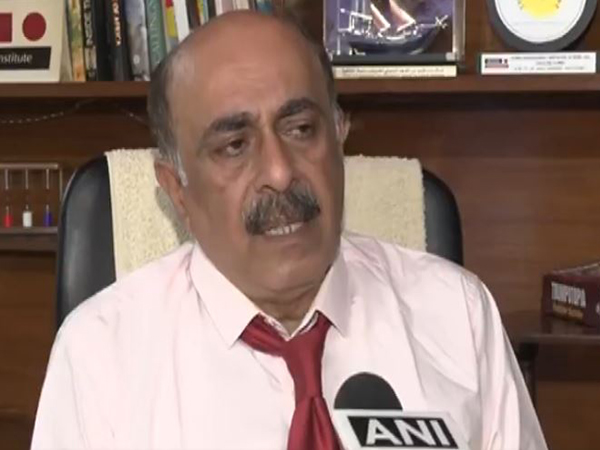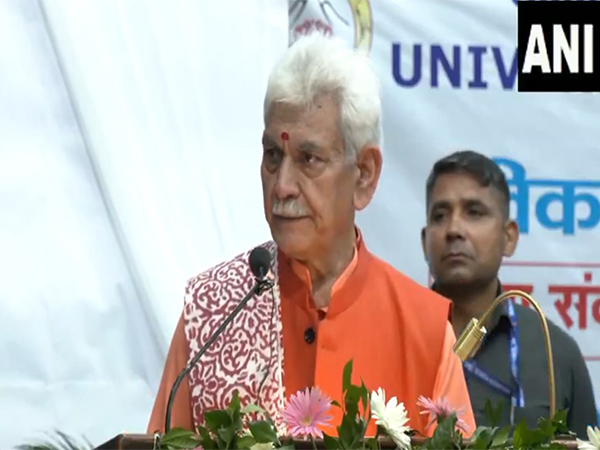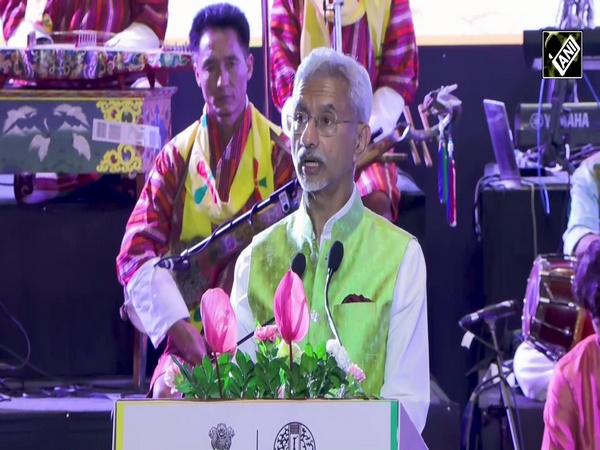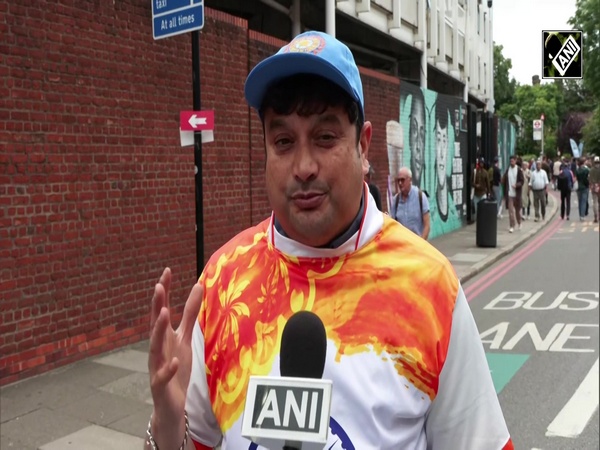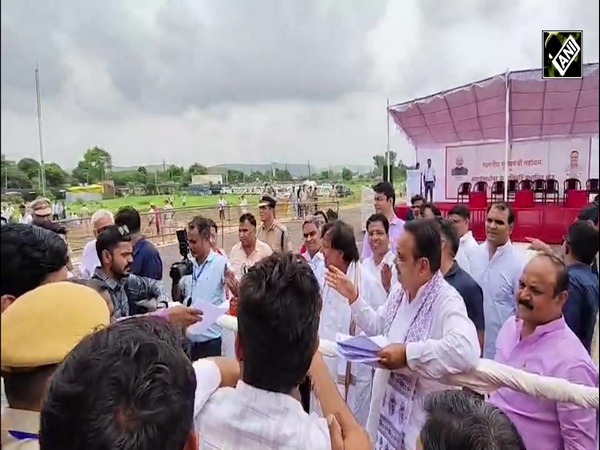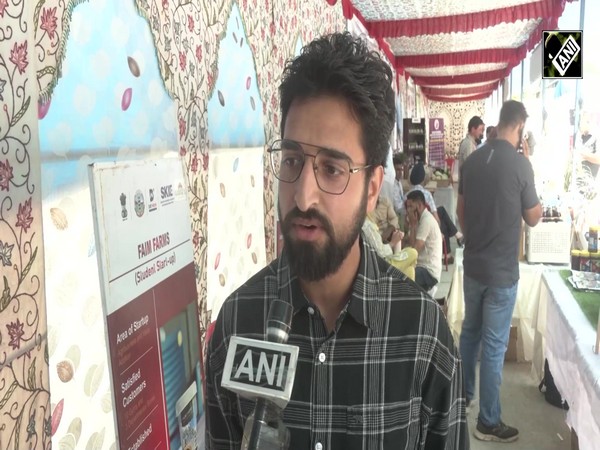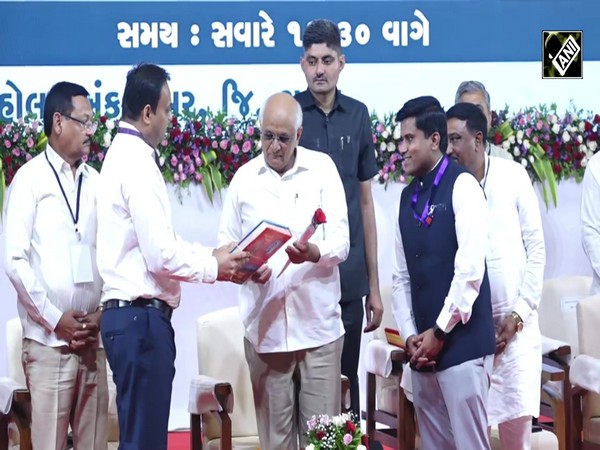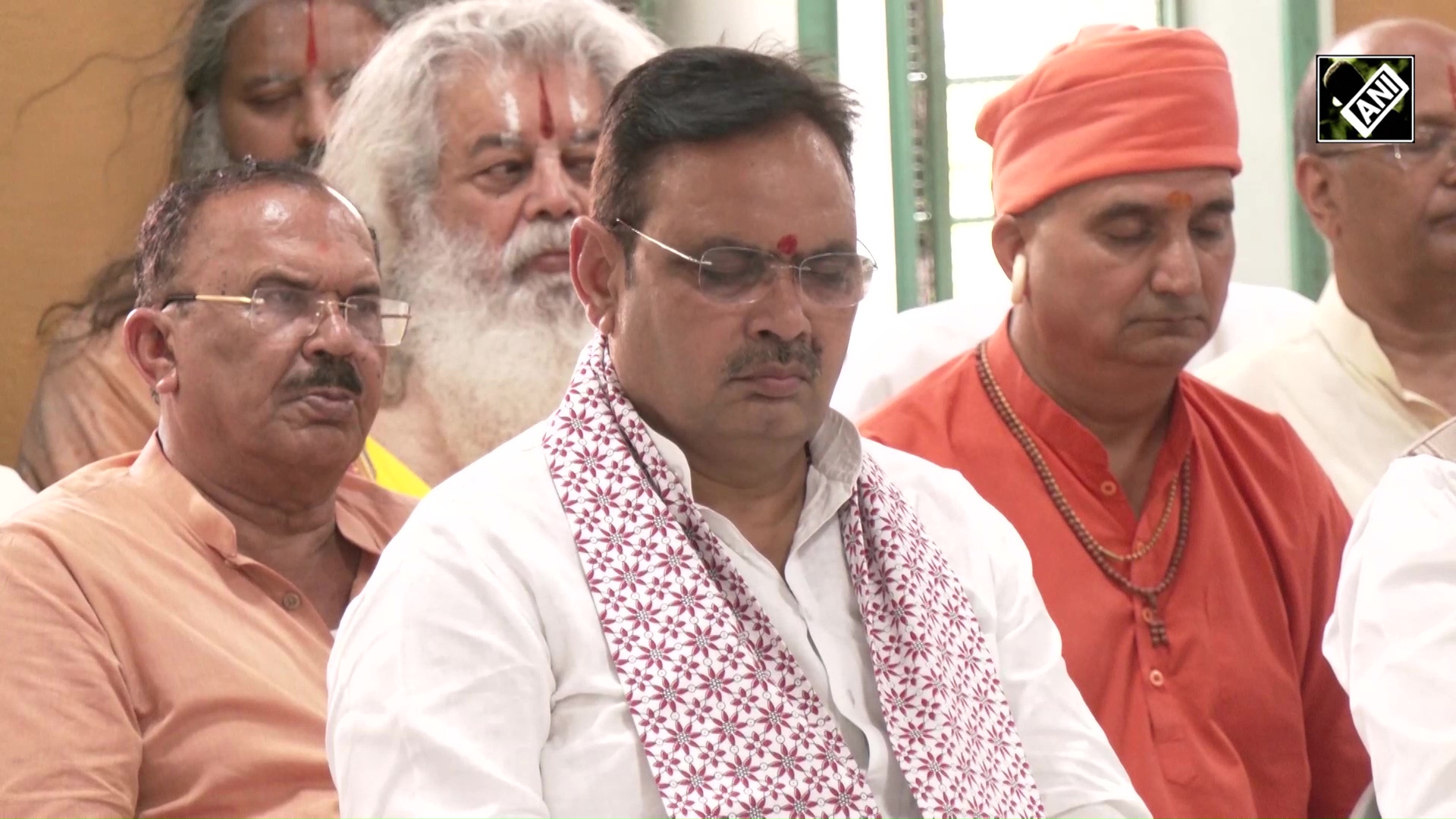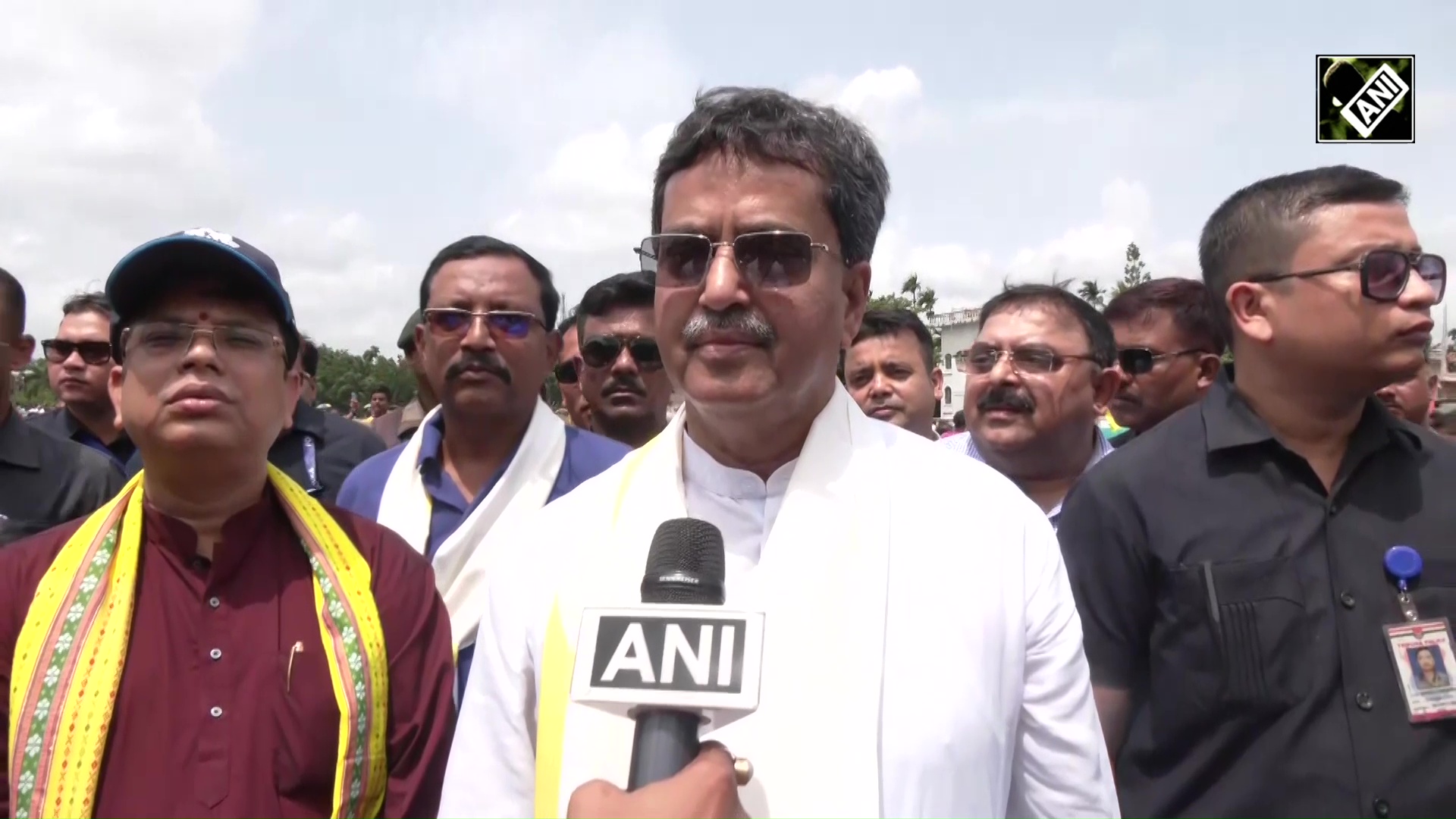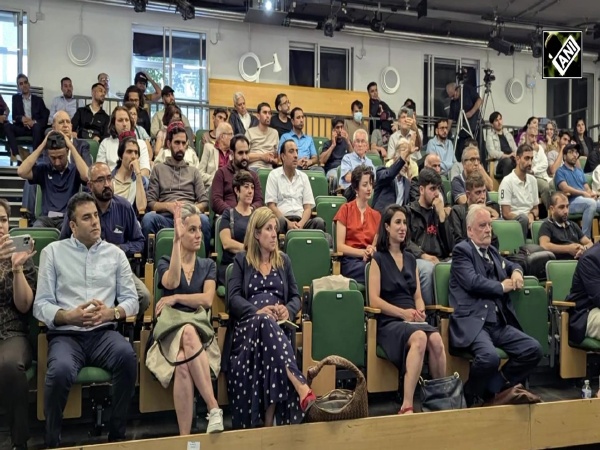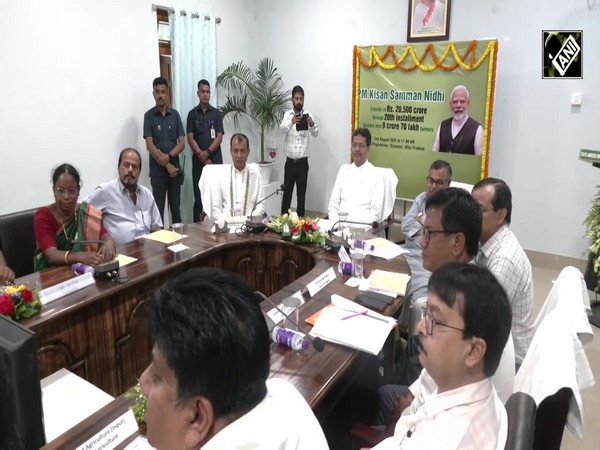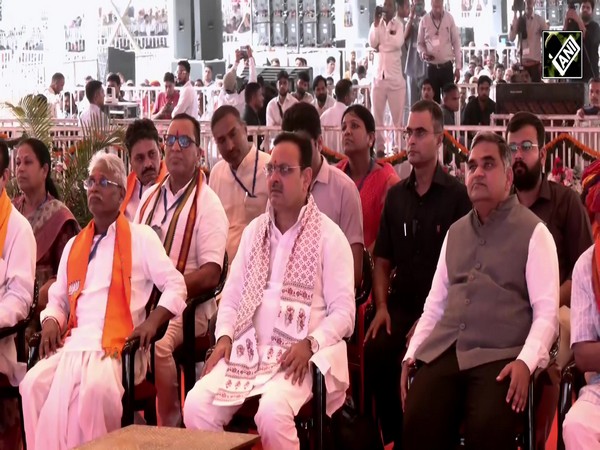SC commences hearing on Delhi govt's plea for control over services in Delhi
Apr 12, 2022

New Delhi [India], April 12 : The Arvind Kejriwal government on Tuesday told the Supreme Court that a democratically elected government should not be left without powers to even transfer officials.
The NCT government's predicament without power over the 'services' has been like that of a "king without a kingdom", said senior advocate Abhishek Manu Singhvi, appearing for the Delhi government.
The situation was such that a "democratic representative government" has to get the approval of the Lieutenant Governor to appoint a Health Secretary or a Commerce Secretary, Singhvi further contended while opening arguments against the Centre in the battle for control over the bureaucracy in the national Capital.
A thee-judge Bench headed by Chief Justice of India NV Ramana was hearing the Delhi government's plea on the contentious issue of who should control administrative services in Delhi.
Solicitor General Tushar Mehta, appearing for Centre, contended that the case should be heard by a Constitution Bench and not a three-judge one as it involved several crucial constitutional questions of law.
The central government also sought a joint hearing of two separate petitions of the Delhi government on control over services and challenging the constitutional validity of the amended GNCTD Act, 2021 and the Transaction of Business Rules, which allegedly give more powers to the Lieutenant Governor respectively, saying they are "prima facie correlated".
The Bench decided to list both the petitions together on April 27 and asked the union government to file its response to the plea against the amended GNCTD Act in 10 days.
On February 14, 2019, a two-judge Bench of the top court had delivered a split verdict on the question of powers of the GNCTD and Union government over services and referred the matter to a three-judge Bench.
While Justice Ashok Bhushan had ruled the Delhi government has no power at all over administrative services. Justice AK Sikri, however, had said the transfer or posting of officers in top echelons of the bureaucracy (joint director and above) can only be done by the Central government and the view of the lieutenant governor would prevail in case of a difference of opinion for matters relating to other bureaucrats.
The two-judge Bench which was hearing pleas on six matters pertaining to a long-running conflict between the Centre and the Delhi government had given a unanimous order on the remaining five issues except the control over services.
Governance of the national capital has witnessed a power struggle between the Centre and the Delhi government since the Aam Aadmi Party (AAP) came to power in 2014.
The Delhi government has been at loggerheads with the present LG and his predecessor.
Prior to February 2019 judgement, a five-judge constitution bench of the Supreme Court had on July 4, 2018, laid down the broad parameters for governance of the national capital. In the landmark verdict, it had unanimously held that Delhi cannot be accorded the status of a state but clipped the powers of the LG saying he has no "independent decision making power" and has to act on the aid and advice of the elected government.
It had restricted the jurisdiction of the LG to matters pertaining to land, police and public order and on all other matters, it held that the LG would have to act on the aid and advice of the council of ministers.
Delhi government has also challenged the Government of National Capital Territory of Delhi (Amendment) Act, 2021, which enhances the powers of Delhi Lieutenant Governor over the elected government.
